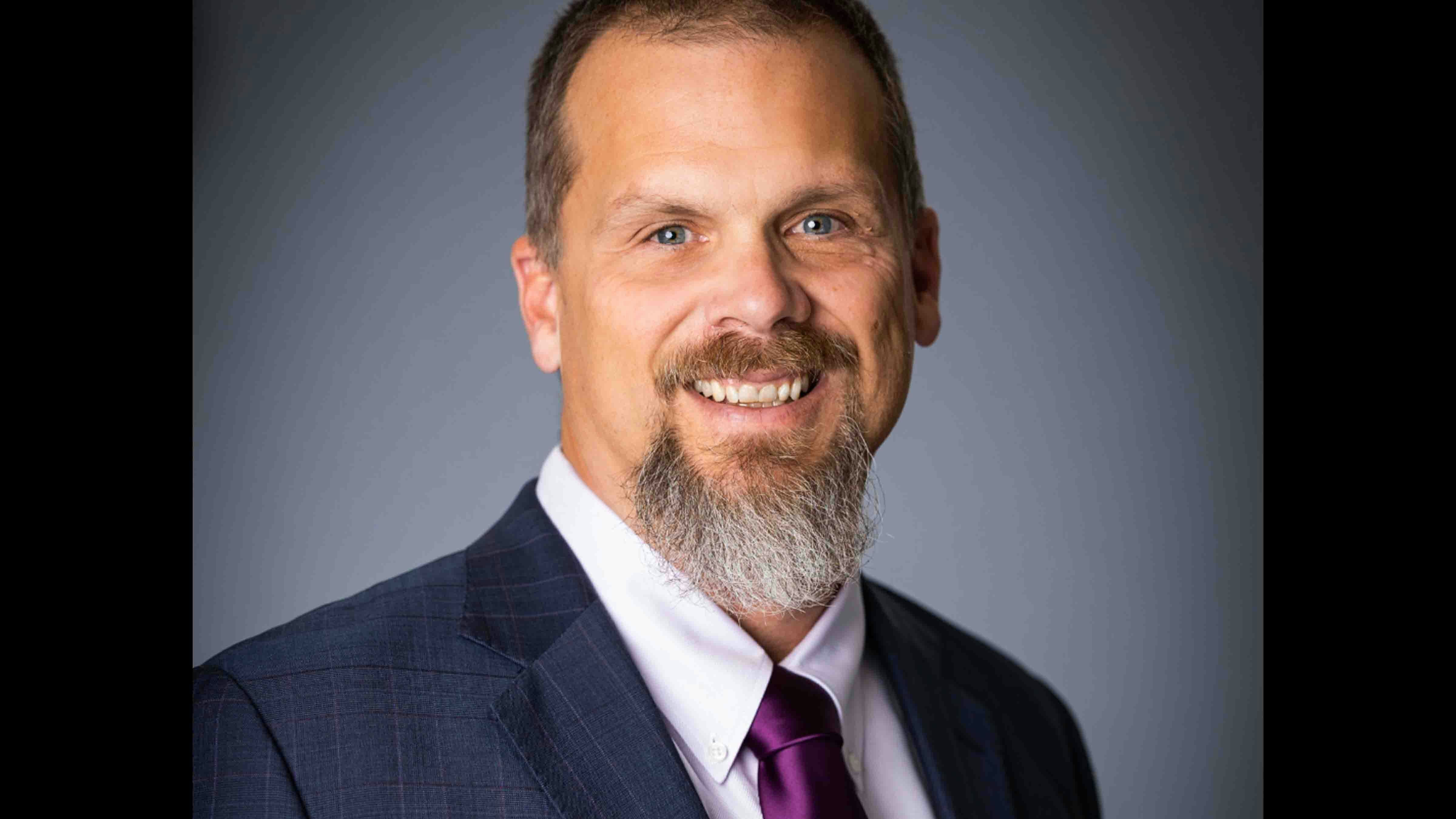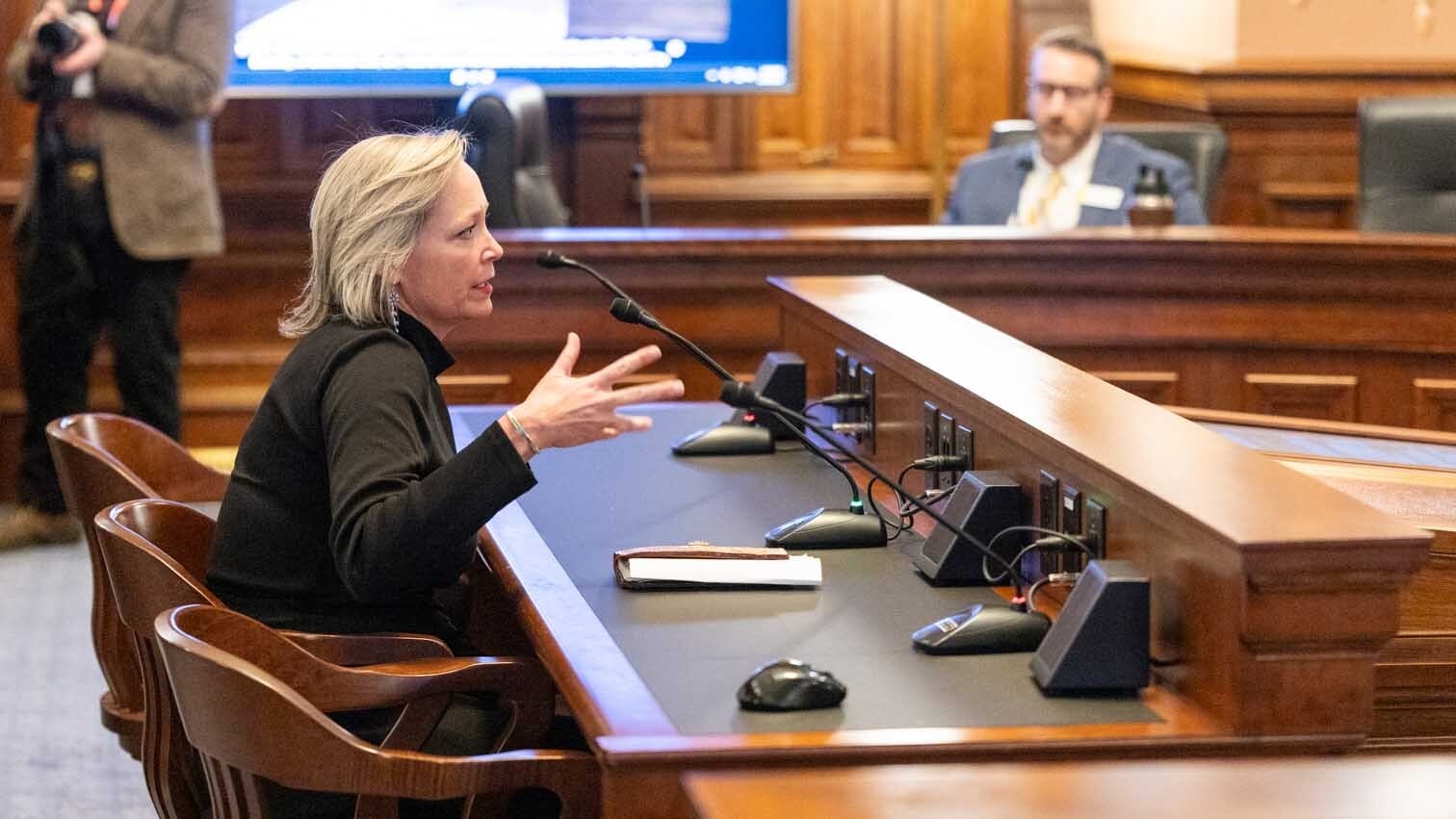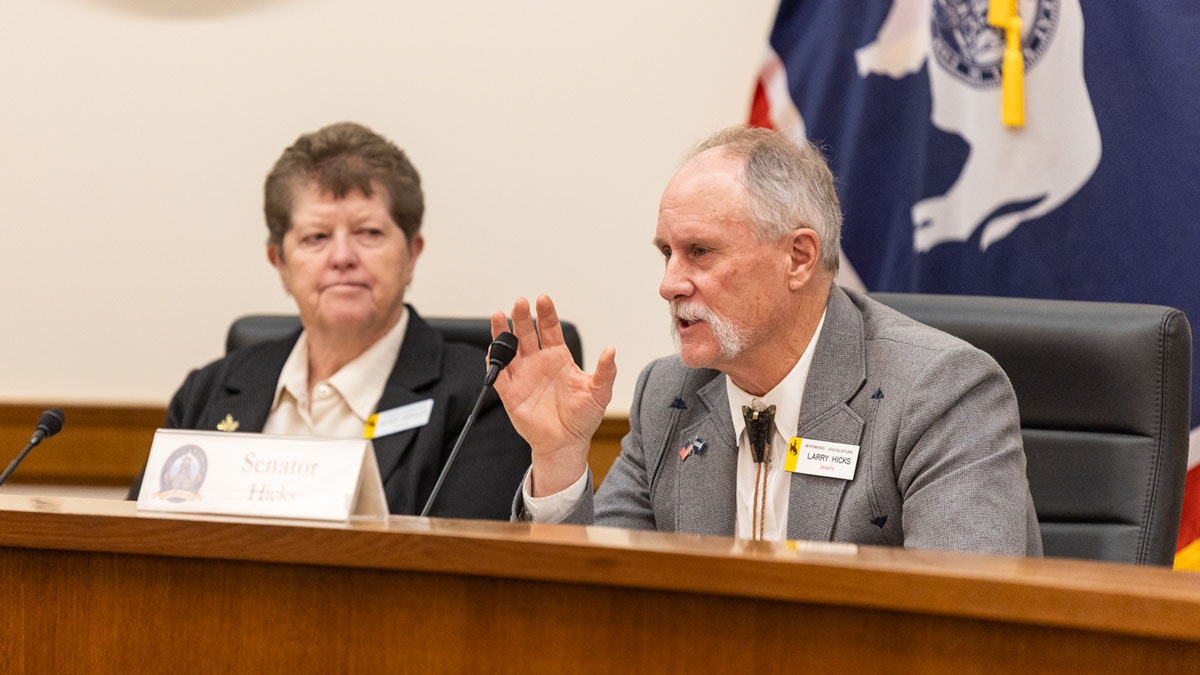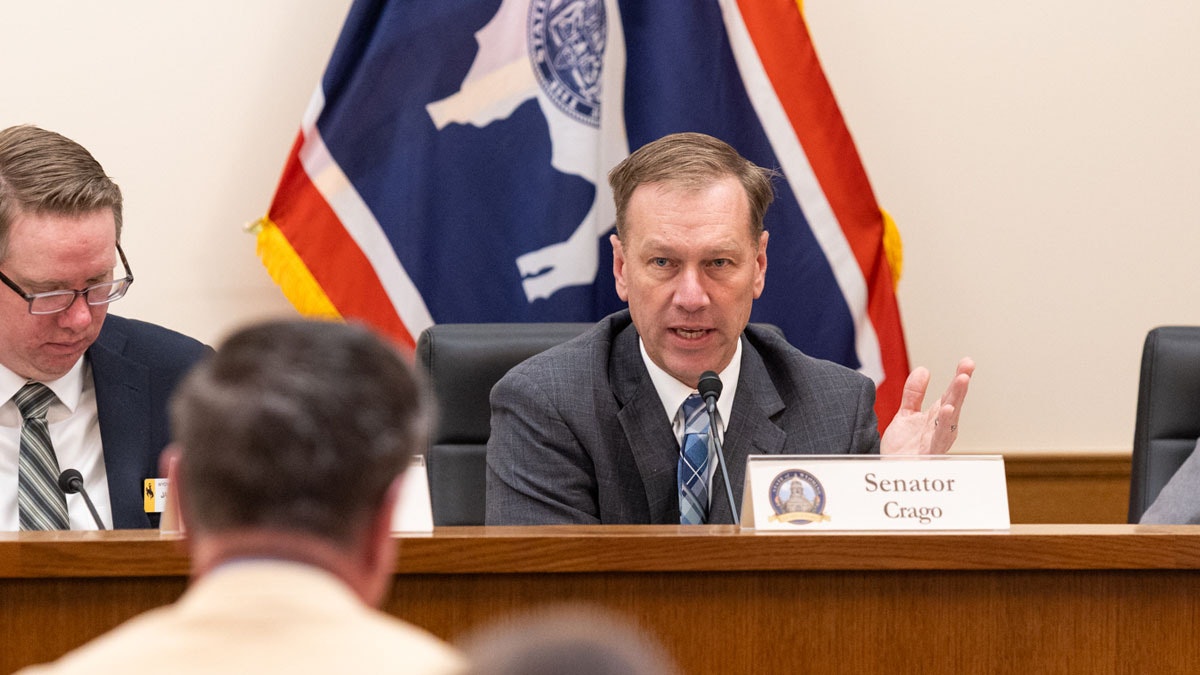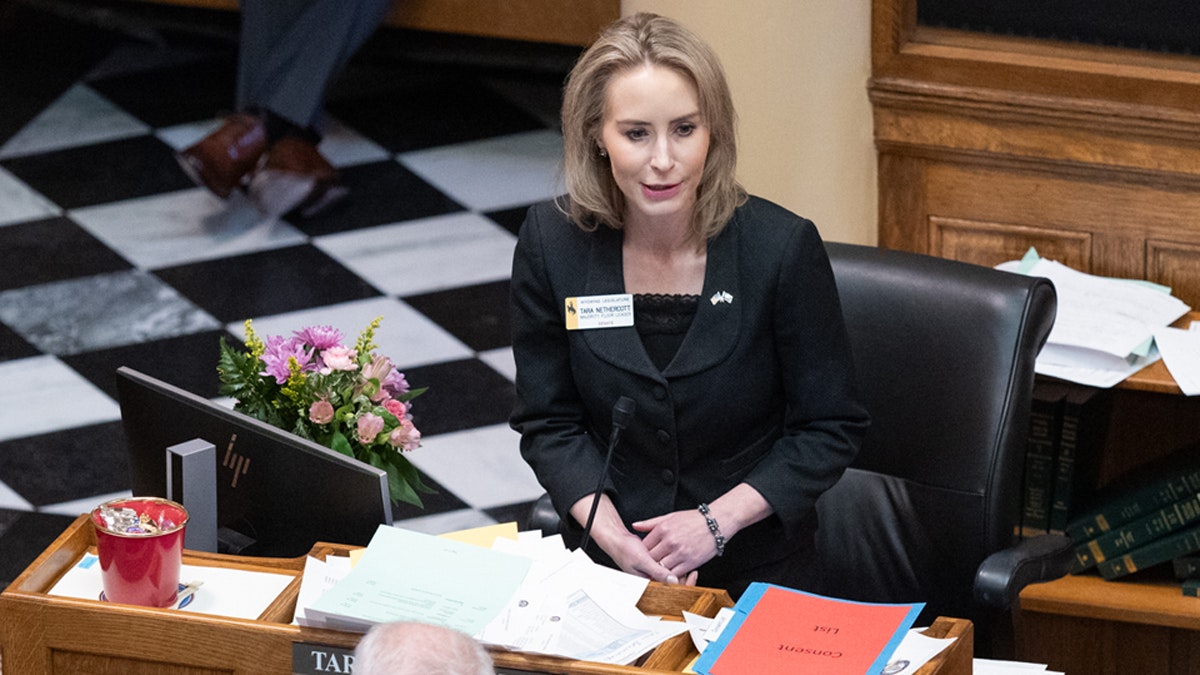The next Wyoming Supreme Court justice will be an attorney from Cheyenne.
On Friday evening, Gov. Mark Gordon announced he is selecting Robert Jarosh to fill the seat of outgoing Justice Keith Kautz.
“I am incredibly honored by Governor Gordon’s appointment and the trust in me that it represents,” Jarosh said in a press release announcing the decision. “I also very much appreciate the work of the Judicial Nominating Commission. I look forward to serving the legal profession, the state of Wyoming and the public I am being entrusted to serve.”
Who Is Jarosh?
Jarosh is a partner at the Cheyenne-based Hirst Applegate law firm and has been practicing law since 2002. He graduated from the University of Wyoming College of Law and clerked for a federal court judge.
According to his Hirst Applegate biography, Jarosh’s specialties include civil, employment, commercial, construction and personal Injury litigation, appellate practice and products liability.
Jarosh won an appeal before the Wyoming Supreme Court on behalf of a school district on a breach of contract claim brought by a former teacher. He also successfully tried a construction contract case in federal court and received a $6.2 million verdict and nearly $1 million in interest for a general contractor.
In addition, he has served for 13 years as a hearing officer for the city of Cheyenne for a variety of commissions and boards and is a past president of the Wyoming State Bar.
Jarosh also teaches at the University of Wyoming College of Law and is a commentator on the Pokescast podcast, which covers University of Wyoming sports.
The Selection
He was selected over fellow finalists Casper attorney Tim Stubson and Sixth Judicial District Court Judge Stuart Healy III.
Gordon commended Stubson and Healy’s qualifications, but said Jarosh “brings extensive courtroom experience, clear, articulate writing and a keen respect for the law.”
“The retirement of Justice Kautz leaves big shoes to fill, as his commendable legacy to Wyoming’s highest court made this selection particularly weighty” Gordon said. “Fortunately, I was provided with a very talented group of nominees. Each brings with them unique strengths, and any one of these individuals would have been a strong addition to the Wyoming Supreme Court.”
Kautz is leaving the bench because he will become age-limited this spring. Under Wyoming law, supreme court justices must retire at age 70.
The state Supreme Court will likely rule in the somewhat near future on the fate of Wyoming’s abortion laws, as two bans are currently being challenged at the district court level. Gordon is a defendant in the case.
Supreme Court justices can be retained or removed from their positions when up for reelection at the end of their eight-year terms. They also undergo a retention election at the next general election following their first year on the court, which for Jarosh will be in 2026.
When a vacancy occurs on the court, the Judicial Nominating Commission presents three potential candidates to the governor, who then has 30 days to pick the new justice. The Judicial Nominating Commission is made up by Supreme Court Chief Justice Kate Fox, three attorneys and three nonlawyers appointed by Gordon.
Fox previously told Cowboy State Daily there were 20 applicants for the position, which pays $187,000 a year.
Leo Wolfson can be reached at leo@cowboystatedaily.com.

